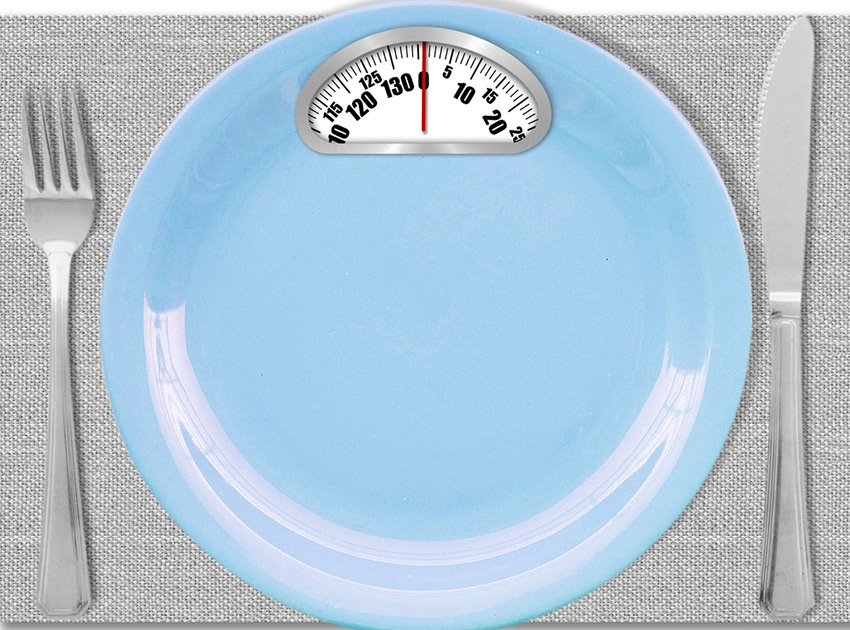This Year’s Diet Trends: Are They Good For Your Health?

Every month there seems to be a new diet book on shelves or a new diet trending on social media. In the past year alone we’ve seen eating gluten-free rise in popularity (even when it may not be necessary or necessarily healthier) and the Paleo way of eating take over the blogosphere. Low-carb diets, detox diets, and eating for your blood type have also become popular. Fad diets may be popular for a short time, but they are not always the best for sustained, healthy weight loss. When it comes to a way of eating, just because something is popular does not mean it’s healthy. Be wary of diets that eliminate entire food groups and those that insist you must purchase a product (like a supplement) for it to work effectively. Here are some of the most popular diet trends of the year:
Paleo Diet: A low-carb diet, Paleo is focused on meat, poultry, fish, fruits, and vegetables. It relies on the idea that if the cavemen didn’t eat it then you shouldn’t either. This means no dairy, refined sugars, grains, or legumes. This diet really took off with the rise in popularity of CrossFit. Criticism for the Paleo Diet usually centers around the high levels of saturated fat if the person following the diet is not careful to choose lean meats. Also, the avoidance of whole grains can mean you are missing out on important nutrients. This way of eating is also hard to follow if you are a vegetarian.
Detox Diets: Detox diets just won’t go away and the controversy around these sometimes extreme diets continues to persist, even though there is a lack of scientific evidence to prove whether or not it really works. The many versions of a detox diet range from a 24 to 48 hour cleanse to a 21-day detox. The basics of a detox diet typically include either a fast or elimination for a period of time. Some also require supplements as a part of the diet. This is then followed by an introduction of minimally processed foods and/or fresh juice. People report increased energy during a detox diet, a feeling of euphoria, and improved digestion. Eliminating processed foods and focusing on vegetables and fruits is a positive step for overall health, but drastically cutting calories by fasting or juicing can be dangerous and can lead to unsafe amounts of weight loss. Plus, a detox diet is not sustainable over the long-term.
Blood Type Diet: This diet is based on the theory that you should eat foods that are attuned to your blood type. For example, the diet says type O should avoid grains while type AB should avoid chicken, beef, and pork. These types of recommendations are given for each blood type. Some people might find this diet difficult to follow especially if it eliminates groups of foods they enjoy eating (like dairy, for example) that can be a part of a healthy diet. While this diet is one of the most popular diets on this list, the scientific evidence is lacking. A recent study found no evidence that choosing foods based on blood type effects overall health. However, components to the plan like emphasizing a plant-based diet and promoting exercise are all foundations for a healthy lifestyle.
Alkaline Diet: This diet is based on the idea what you eat impacts the pH level of your blood. However, our bodies, when healthy, regulate blood pH very efficiently on their own. (Note: A blood pH that is not within the normal range is a sign of a larger problem that should be addressed by a doctor.) The diet places an emphasis on vegetables, fruits, nuts, and legumes and discourages the consumption of meat, poultry, fish, dairy, and bread. It also limits caffeine and alcohol. This diet has been met with skepticism because of the minimal research available to back the claim that foods will affect the pH of your blood.
The key to any diet is maintenance and if it’s not sustainable over the long term then you are unlikely to achieve results. Any diet you follow must be well balanced to ensure you are eating the nutrients needed for optimal health. The best thing to do, really, is to not diet at all. Eating healthy as part of your normal routine will reduce or eliminate the need to diet in the first place.
**You should check with your doctor before beginning any diet regimen.


